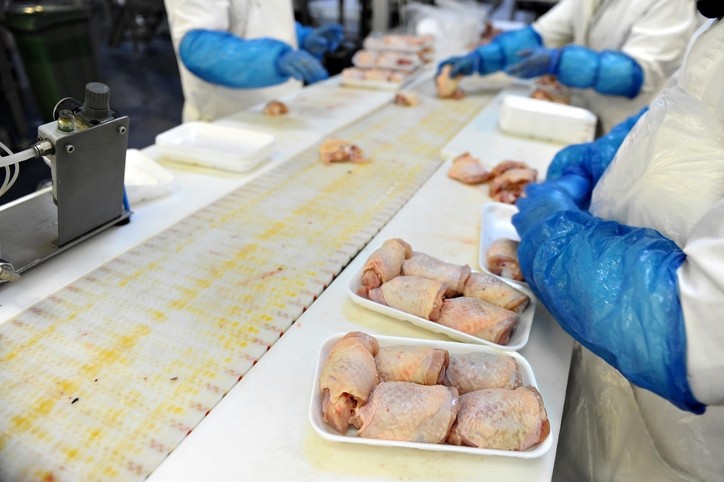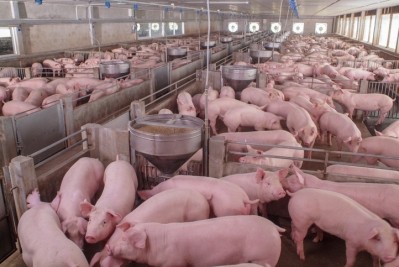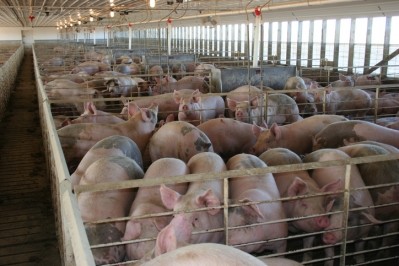Tyson Foods to close four more chicken plants to cut costs as sales continue to slip

The closures in Indiana, Missouri and Arkansas announced yesterday are slated or the first half of next year and follow other cost cutting measures, including closing two other chicken facilities in Arkansas and Virginia earlier this year that resulted in the loss of about 1,700 employees. Tyson also closed its corporate offices in Chicago and South Dakota last year and laid off 15% of its senior leadership and 10% of its corporate workers in April.
CEO Donnie King told investment analysts yesterday during the company’s third quarter earnings call that while closing facilities “is never easy for anyone involved” and “can be gut-wrenching,” the difficult decision demonstrates the company’s “commitment to taking bold actions to improve performance.”
Reflecting on the quarter’s sales decline of 3% from the same period last year and an operating loss of $350m – or a 134% drop from the prior year – King acknowledged the company’s performance is “not yet where we needs it to be.”
Within chicken, sales fell 3.5% year-over-year, driven by lowering pricing and only partially offset by volume growth in the quarter, but which was not enough to over come the 4% decrease on a sequential basis, King said.
With this in mind, he added, “we continue to focus on what we can control.”
This includes trimming costs and strategically investing funds where they will make the most impact and cutting elsewhere.
The four additional facilities Tyson will close are “typically smaller in scale and in need of major capital to make them viable,” King explained.
The closures will reduce Tyson’s chicken-slaughter capacity about 10%, according to CFO John Randal Tyson, but will not have material impact volume as the company will move existing sales to more efficient assets, added poultry group president Wes Morris.
A series of compounding challenges
Tyson’s current chicken challenge stems from several missteps and changing consumer behavior.
For example, last November and December the company overproduced fresh chicken in response to missed opportunities in the last three years in which the company fell significantly short on supply. However, by the time the company increased production, demand had softened – forcing it to sell the chicken as a lower price than originally modelled.
The avian flu and struggles with breeding and hatch rates also negatively impacted the company.
Tyson continues to ‘believe in chicken,’ invests in turnaround
In an effort to turn the business around, Tyson has invested heavily in automation, including chicken deboning equipment in multiple facilities that will help the company offer more added value products that can be sold at a premium.
Focusing on these positive changes rather than the more immediate challenges and closures, King reiterated that Tyson continues to “believe in chicken” and that it is “on the right path.”
Despite a “number of fits and starts from the breeder side to demand … we’re on our way to healing it from a genetics perspective on the live side,” and operations are “performing better than they have,” he added.







